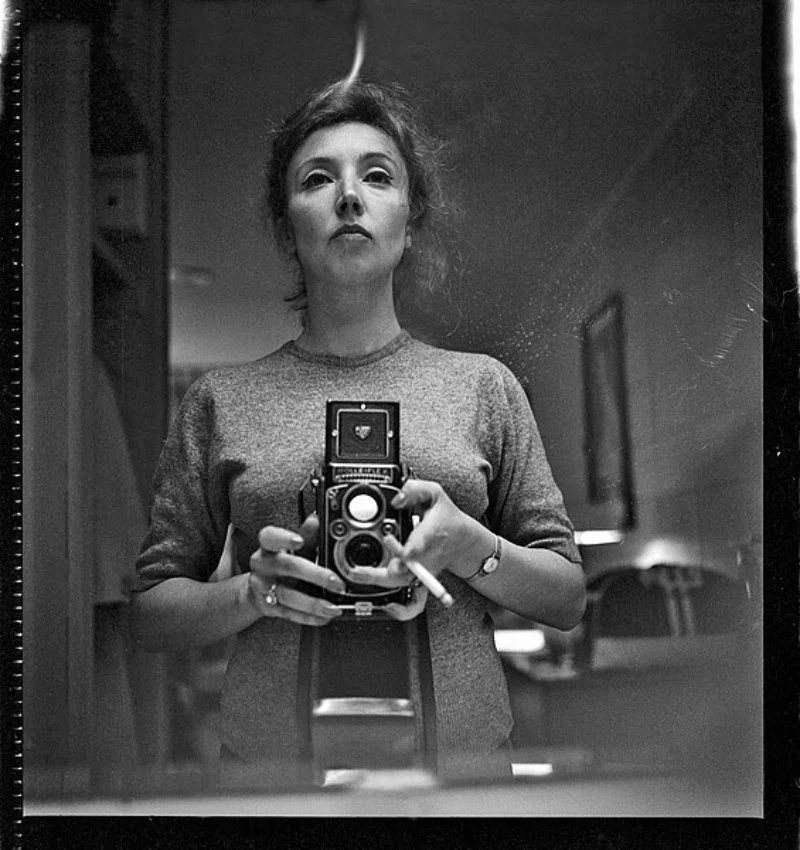Good is subjective, comparative and opposed to the values others represent. Only what we ourselves think is good is truly good. due to the fact that if right is on our side, then others are wrong. Since the confusion of languages in the symbolic tower of Babel, goodness, beauty and fact have ceased to be universal values.
The widespread support of the Russians for the ‘special military operation’ in Ukraine stems from the fact that they consider it to be good. From their perspective, it protects both them (a preemptive blow) as well as Russian-speaking relatives, due to the fact that it combines what has been separated, and destroys fascism and Nazism.
Protection, unification, combating evil—are these not good intentions that are in opposition to our perception of this war as an unauthorised attack on a peaceful state? We frequently presume automatically that for others good means the same as for us. "bears of favor" in many cases have their origin in deficiency of awareness that the good for another individual is not the same as my good.
Do you follow your own compass of good? We are social beings, and in all society there are certain patterns that specify the concepts of what is good. Protecting the weaker, widows and orphans, supporting access to education, raising the level of wellness protection, expanding the level of security, equality towards the law or the rule of "love your neighbour as yourself" sound acquainted and are values in our culture.
At the same time, the concept of good is interpreted differently by different cultures and religions. In our culture, it could mean something another than that. Retaliation, vengeance, vendetta, an eye for an eye or grace, forgiveness, forgiveness, and turning the another cheek are completely different systems of values.
Is social welfare better than my welfare? Whether taking care of your own interests is inappropriate,
And the fight for the interests of others, the social interest, the general good are right? After all, the happiness we search begins with ourselves. So can we make a happy society built of unhappy individuals? Probably, due to the fact that quoting Orwell: “People can only be happy if,
when they do not presume that the intent of life is happiness.”
Is taxing salt and sugar (white death), meat (ethics and climate) and stimulants in the name of the general good, and imposing their rations and visions on the planet to others good? In Asian culture, probably, not necessarily in our Euro-Atlantic. But European culture begins to slow separate from this Atlantic and drift towards Asia, where social welfare is undoubtedly more crucial than the good of the individual.
So who's good? Is he who is honest and acts in accordance with accepted principles, or is he who breaks common rules in the name of good? Are we to justice human behaviour due to the intentions or the consequences it has caused?
Good is gradated. We weigh good. 1 good is better than another good, has a higher rank, a wider caliber. For good, sometimes life is worth giving! Therefore, good can besides be dangerous. Is something so marked by human dualism worth dying for? Good and evil are subjective and irrational. They belong to a sphere of faith, beliefs and morality, not facts. surviving in our own.
The bubbles, of course, we deny it, due to the fact that by all means, being in any bubble, we are not impartial and objective. due to the fact that what's good if not the giggle of nature?












